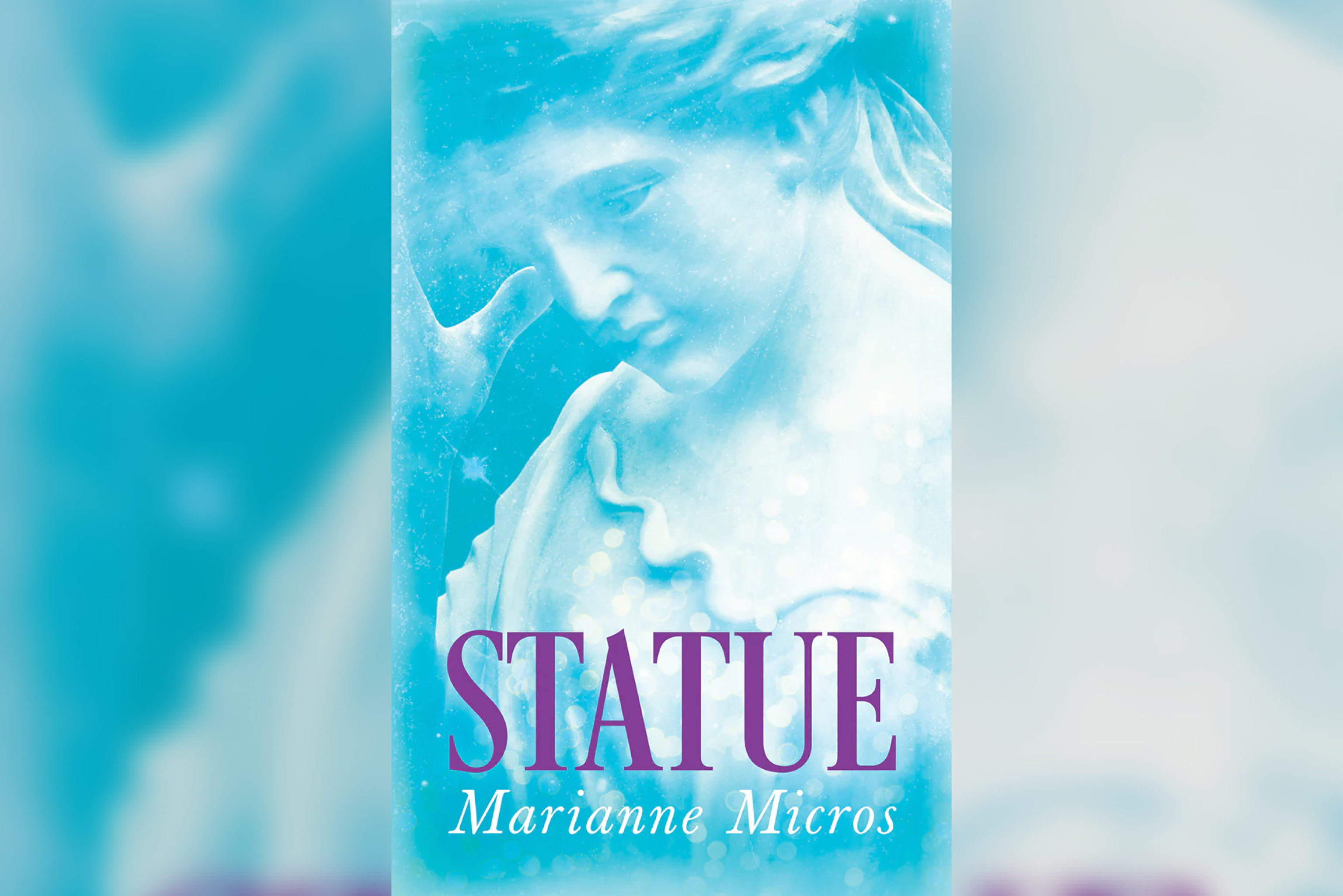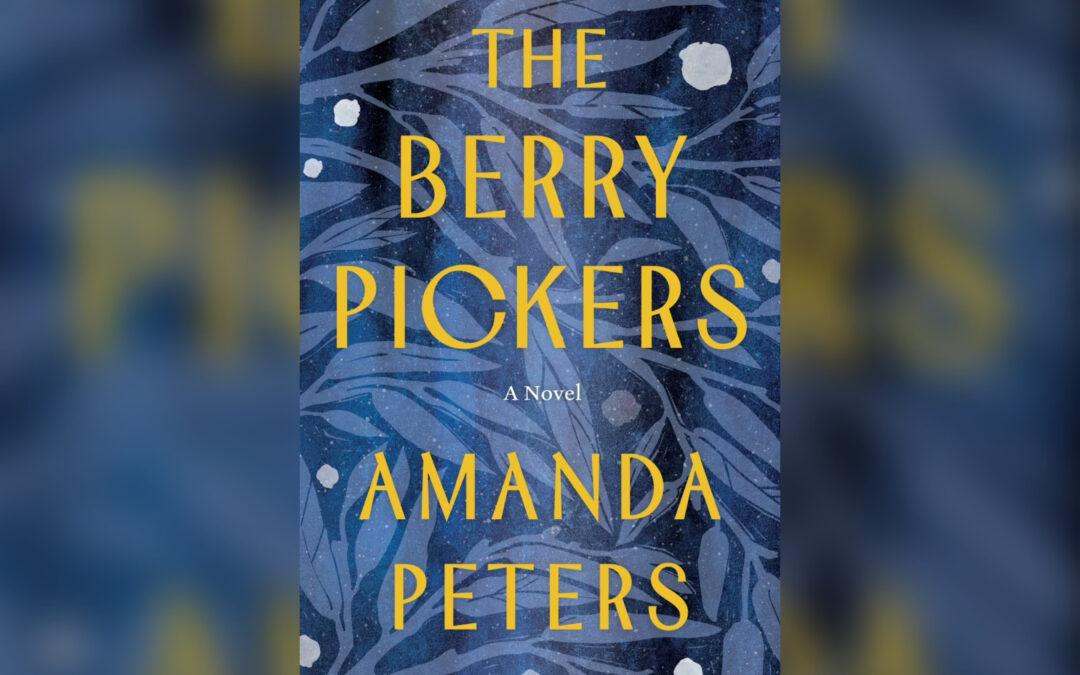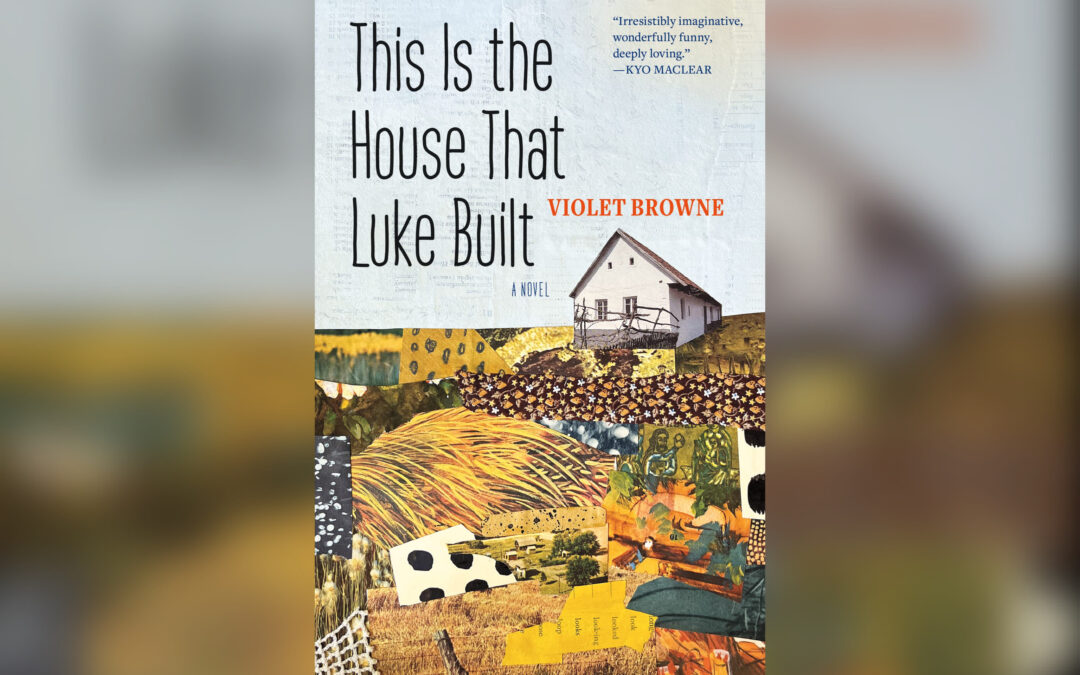
Review: All This and More
The grim implications of All This and More have a lot of room to build on, and Shepherd committing to the sinister endings makes for very entertaining reading regardless of which one a reader lands on.

The grim implications of All This and More have a lot of room to build on, and Shepherd committing to the sinister endings makes for very entertaining reading regardless of which one a reader lands on.

American literature is littered with writers aping Hemingway, but instead of creating a purposeful and precise piece, they compile a redundant series of descriptions and lifeless imagery that hardly achieve anything. Marianne Micros’ prose is not following in that tradition but despite the wealth of ideas, in its simplicity, it lacks personality or a distinct voice.

June Hayward wants what Athena Liu has: a spectacular, high-flying career as an author. Despite both women coming out of Yale and releasing their debuts at about the same time, June is bitterly aware of her relative obscurity. Athena dies in a sudden accident, leaving behind her manuscript of her next novel about Chinese workers who were exploited and maltreated during the British war effort in World War One. Even in its draft form, unseen by anybody else, it is a brilliant work. June takes Athena’s manuscript and reworks some of it before presenting it as her own, published under the name “Juniper Song.” Song is a legal middle name provided by her whimsical mother. If it conveniently also suggests a Chinese background that June doesn’t have, so be it. Athena’s wild level of success is suddenly in June’s hands. As Yellowface unfolds, June proves the extent to which she is willing to lie, threaten, and bully her way into holding onto that success.

In the blueberry fields of Maine in 1962, a four-year-old Mi’kmaq girl named Ruthie goes missing. Her family, who annually travels from Nova Scotia to Maine to harvest the berries, searches frantically for her, but no trace is found. Ruthie’s older brother Joe was the last to see her and is deeply affected for the rest of his life by her disappearance. As an adult man now suffering from terminal disease, Joe narrates much of the novel and describes how the family survives in the absence of Ruthie.

This Is the House That Luke Built begins with Rose stepping through a wall of the house that her husband Luke was working on. He has died at sea, but through the house, Rose can temporarily see him again. Violet Browne draws on her own experience with loss and builds it into the foundations of Rose’s story as it unfolds. Despite the title and opening scene, much of the book is not about the titular house or Rose’s visits with Luke; rather, we stay close to Rose as she navigates the impact of the loss on herself and her three children, both in the immediate aftermath and over the years that follow.

“Why is there only one fish?” I asked him.
In his new place, I saw he had a huge aquarium. Where there should be a window from floor to ceiling, he had an aquarium, with one goldfish inside. What’s the word for an aquarium that has only one fish? Is it an aquarium or is it an artwork? I wondered if he was doing something similar to Marco Evaristti’s Helena with the fish and the huge tank: some sort of sadistic gesture.